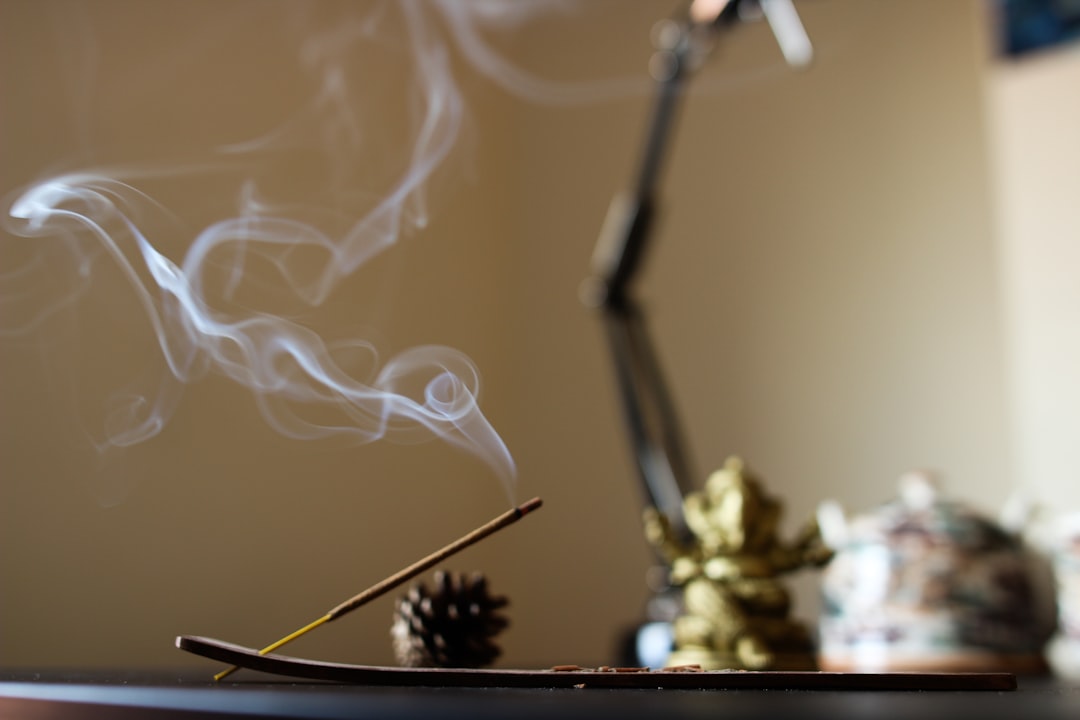I held my infant son on my lap one winter night, his diapered bottom on my thighs, head cradled in the crook of my left arm, lips sucking loudly at the last bottle before bed.
From one day to another, a child’s growth seems imperceptible—until it is not. And on this night, I recognized with a start that his legs, which I usually kept aloft with my right arm, were now long enough to flop onto the couch. He had outgrown that brief spit when I could envelop his whole self on the width of my lap.
As a new Mom, it was my first encounter with the end of one of the many incremental stages of a child’s life, and I momentarily felt as sad and ridiculous as if the next thing to come was packing him up to go off to college.
Of course, what got to me was not having a sense of what would come next—the delight, among others, of his using those growing legs to lurch like a drunken pirate from couch to table to tail of the dog.
I only knew what was passing, and my instinct was, as it often is, to hold on. To hold on even when change is barreling down on all sides. To hold on even when it doesn’t help. To hold on even when letting go would be the wisest thing to do.
Years later, and now the mother of two grown sons, I have come to trust that the loss of one wonderous stage in parenting is followed by the gain of another. Still, I have not been able to stop thinking about how the massive changes in the world today will affect my children and others down the road.
After all, it doesn’t take a giant leap of imagination to recognize that many aspects of our world are coming apart like the seams of a threadbare coat. America is turning into a cruel caricature of the place and people who once gave hope to the world. Vladimir Putin is wreaking heartbreaking havoc in Europe. Billionaires fly to the moon for thrills while hundreds of millions live in cardboard boxes.
And our ecological system has become unhinged, threatening food and water supplies and, hard as this is to comprehend, the basic habitability of the planet.
How might these things unfold in relation to the future developments we can’t yet foresee? God only knows.
But even a cursory glance at the possibilities makes me wonder and wonder and wonder again: What can we as caring adults — of young children and grown children, our own and others — do to help prepare them for this beautiful but increasingly uncertain world?
This, of course, is a big question with no simple answer. Indeed, it feels more like a Zen koan for life in these times – a mystery we must return to again and again in hopes more will be revealed. And as with koans, even the simple act of asking can transform us for the better.
But loving children in the age of climate and so many other disruptions is not a mere thought exercise. We need answers and action.
So humbly, here are a few things I have come to believe:
First, we need to have this conversation – in schools, communities, and any other place dedicated to supporting children. This is not about how we usually think of the debate about teaching climate change in schools. It’s about something we should all be able to agree on: cultivating a mindset that helps children navigate change and uncertainty.
Second, we need to reckon with our emotions about our changing world in a way that allows us to become the best models we can be for how to navigate these times. Children are experts, after all, at picking up on whatever we are trying to hide. And it won’t help them if all they sense is fear, worry, and anxiety.
We need to do whatever we need to deal with our feelings so that we can come to the other shore and be the best beacons of courage, hope, and love we can be. Perhaps it’s therapy. Perhaps it’s a good cry. Perhaps it’s listening to someone like Joanna Macy. I’ve done all of that many times.
And third, we need to listen. We know many children and most young people have deep and strong feelings about our changing world – particularly climate change. But as with many other topics, they may not talk to us about it if we don’t make it clear that they can.
We need to create openings and then let them guide us to where they want to go in the conversation. As every parent knows, every child is different. And it’s always best to meet them where they are at.
Needless to say, there is much more to this. Perhaps next it might help to share: What helps you deal with your emotions? Have you had these conversations? And what have you learned from being someone willing to think about all this?





